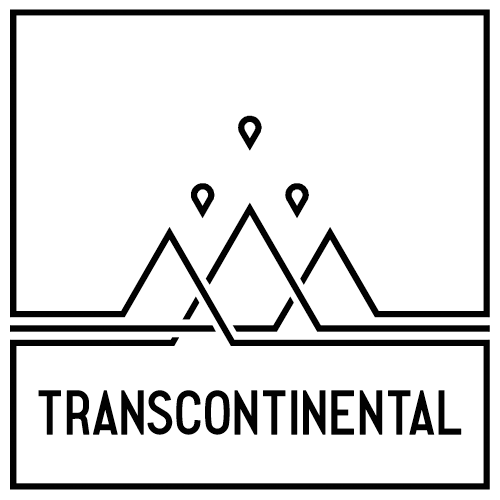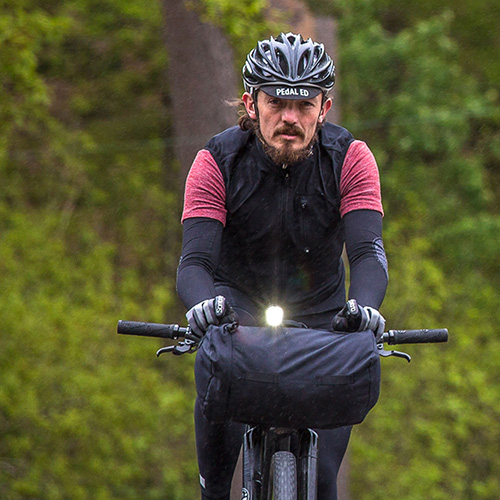The Transconti-what?
The Transcontinental Race (TCR) is a self-supported ultra-endurance cycling race which takes place annually across Europe.
Self-supported means riders must look after themselves. Riders must plan the route themselves, and no outside assistance is allowed during the race other than what’s commercially available to everyone. For example, you can stay in a hotel, but not at a friend’s house. You can pay a bike shop to fix your bike, but you aren’t allowed to have a mechanic following you in a van.
The 240 competitors have to check-in at several mandatory control points / check points (CPs) along the route. Riders must also navigate along a pre-defined course near each CP, called a parcour. The parcours are typically beautiful, and usually technically challenging places to ride. For the most-part of the route though, riders navigate using a route they have planned themselves.
The drop-out rate in ultra races can be high. Perhaps 30% of those that start the race won’t finish because of mechanical issues, physical problems, time constraints, lack of preparedness, or simply not appreciating how difficult the race can be.
The 2022 edition was the eighth time the race had been held. The race distance was over 4,000 km (2,485 miles), with the start in Belgium and the finish in Bulgaria. An overview of the route and control points is provided below.

Credit: Lost Dot

Credit: bikepacking.com
The Transcontinental Race was founded by Mike Hall in 2013.
Mike was a true champion of ultra endurance cycling. He won the World Cycle Race in 2012, the Tour Divide in 2013, and the Trans Am Bike Race in 2014 with a record time of 14 days, 11 hours, 55 mins. After Josh Kato shaved 15 minutes off Mike’s record in 2015, Mike returned to race the Trans Am again in 2016, and smashed out a time of 13 days, 22 hours, 51 mins.
Mike helped create the ultra community which flourishes today. With his integrity and passion for ultra cycling and embracing challenge, he was, and remains, an inspiration to many.
Nothing that’s worth anything is ever easy